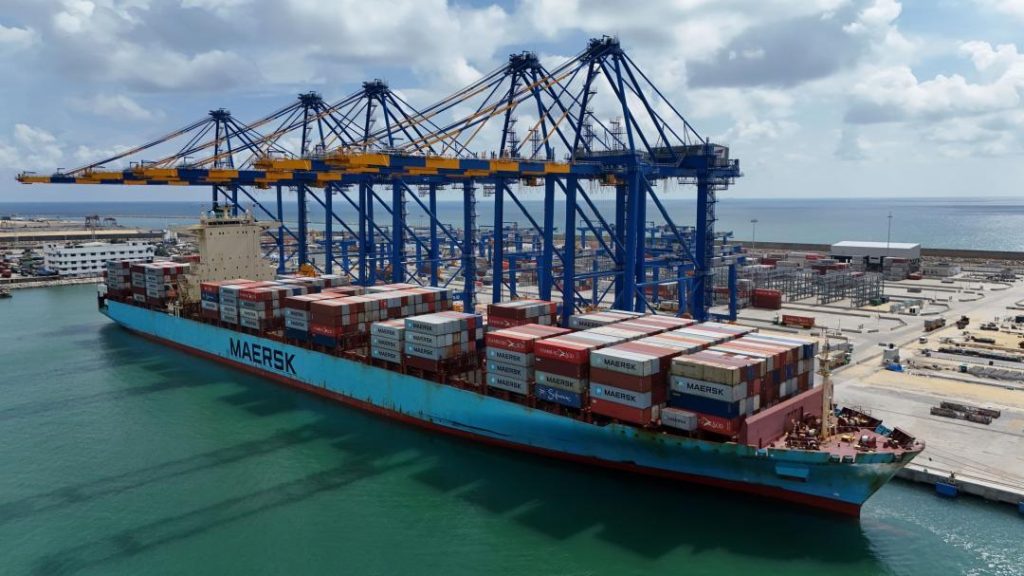
Adani’s Colombo Terminal to Boost India-Sri Lanka Maritime Ties
The Colombo West International Terminal (CWIT), a state-of-the-art facility, has officially commenced operations, marking a significant milestone in the history of India-Sri Lanka maritime ties. Adani Ports, a leading player in the Indian port industry, has invested USD 800 million in this project, which is expected to enhance cargo handling, improve trade efficiency, and create thousands of local jobs.
Located in the Port of Colombo, CWIT is one of the largest private port terminals in Sri Lanka, with a capacity to handle 1.8 million twenty-foot equivalent units (TEUs) annually. The terminal has been designed to cater to the growing demand for containerized cargo in the region, with a focus on providing efficient and cost-effective services to shippers.
The CWIT is strategically located near the Port of Colombo, which is one of the busiest ports in South Asia. The terminal is well-connected to the Colombo-Katunayake Expressway, which provides easy access to the rest of the country. The proximity to the expressway and the port’s ability to handle large vessels make it an attractive option for cargo owners and shipping lines.
Adani Ports’ investment in CWIT is expected to have a positive impact on the Indian-Sri Lankan trade relationship. The terminal’s operations are expected to increase the volume of cargo handled in the Port of Colombo, which will, in turn, boost the country’s economy. The project is also expected to create thousands of jobs, both directly and indirectly, in the logistics and supply chain sectors.
The CWIT is equipped with advanced technology and infrastructure, including five ship-to-shore cranes, 20 reefer points, and 12 mega-post panamax cranes. The terminal also features a state-of-the-art warehouse and a dedicated area for reefer containers. The facility is designed to provide efficient and secure cargo handling, with a focus on minimizing transit times and reducing the risk of damage to cargo.
The CWIT is also expected to promote trade between India and Sri Lanka. The two countries have a long-standing trade relationship, with India being one of Sri Lanka’s largest trading partners. The CWIT is expected to increase the volume of trade between the two countries, particularly in the areas of textiles, electronics, and pharmaceuticals.
The CWIT is also expected to promote the growth of the logistics and supply chain sector in Sri Lanka. The terminal’s operations are expected to attract more shipping lines and cargo owners to the Port of Colombo, which will, in turn, create more opportunities for local logistics companies and supply chain operators.
The commencement of operations at the CWIT is a significant milestone in the history of India-Sri Lanka maritime ties. The project is expected to have a positive impact on the trade and economy of both countries, and reinforce Sri Lanka’s position as a key maritime hub in South Asia.
In conclusion, the Adani Ports’ investment in the Colombo West International Terminal is a significant development in the history of India-Sri Lanka maritime ties. The terminal’s operations are expected to enhance cargo handling, improve trade efficiency, and create thousands of jobs in the region. The project is a testament to the growing trade relationship between India and Sri Lanka, and reinforces Sri Lanka’s position as a key maritime hub in South Asia.






